There’s so much information about how detoxing is the magic bullet that will finally help you to look your best and on the flip side how detoxing doesn’t work at all.
So, does it work and is detoxing good for weight loss?
I’ll be cutting through the noise in this article and get to the bottom line of detoxing. I have no stake in the game, not trying to sell you a detoxing program so my science-based opinion is strictly the truth of what my research and experience yields.
What Is Detoxing?
Wikipedia defines detoxing as the following:
“The physiological or medicinal removal of toxic substances from a living organism, including the human body, which is mainly carried out by the liver”
Detoxifying is originally used in medicine to detoxify the body from poison, drugs or microorganisms.
The goal of modern detoxing is to eliminate harmful pathogens and chemicals such as pollutants, pesticides, allergens, heavy metals that build up over time in our current environment. There are two main forms of detoxing: Diet and Stand-alone Drinks.
The argument against detoxing is that the body is fully capable of getting rid of toxins naturally through the gastrointestinal organs, kidneys and liver and that doing a detox with a diet doesn’t help in that process.
Diet Detoxing
In the diet form of detoxing, the goal is to eat a certain diet for X amount of days (typically around 10 to 30 days). That diet is said to promote detoxification of the body from these harmful pathogens. It does this by either eliminating/reducing certain food groups, such as sugar, or by bringing in other foods/supplements; usually a combination of both.
One example is BeachBody Ultimate Reset. It’s a 21 day diet that eliminates meat, eggs, sugar, dairy and processed foods while adding in supplements such as probiotics and herbal remedies.
Another type of detox through diet is doing juice cleanses. One example is a 10 day green juice cleanse that replaces meals with specific green smoothies made from vegetables and fruits.
Does Detoxing With A Certain Diet Work?
There’s little evidence that shows a certain diet over X amount of days help to detox the body.
According to Dr. Michael Gershon, a professor of pathology and cell biology, a juice cleanse or internal cleanse won’t help rid the body of toxins faster or more effectively.
Why these detox diets do create some change for people, such as losing weight, is because their current diet may be filled with unhealthy foods so that any change to reducing calories and improving gastrointestinal capabilities will reduce weight. But as soon as they stop the detox diet and go back to eating normal the weight comes back on and sometimes more because of stress put on the body. You may be familiar with this, known as the yo-yo effect, I know I’ve been through it before.
Also, when people go into a hardcore calorie deficit for a while the body lowers the overall calorie burning capabilities to try and save itself from starvation. Therefore lowering the overall metabolic burn and keeping more stored fat on. So when people do eat normal again their metabolism may have gone from burning a higher amount of calories to a few hundred less; over time it may go back to normal but this process can throw things off.
I do believe that people can detoxify their bodies over time by switching to a healthy diet filled with real, whole, food and begin reduce the harmful pathogens throughout their life; not just for 21 days.
Stand-alone Drink Detoxing
Doing a detox with certain stand-alone drinks or supplements makes a promise that it helps the body by bringing in certain outside elements which serve the body’s ability to eliminate toxins.
For example, one detox drink involves honey, lemon juice, apple cider vinegar and cinnamon.
The goal behind some of the detox drinks is to help reduce bloating, constipation, headaches, stuffy noses and to remove harmful pathogens.
Does Detoxing With Stand-alone Drinks Work?
From the way detoxifying the body is defined, there’s little evidence that the stand-alone drinks help specifically with that.
However, where the stand-alone drinks may help is if these drinks contain vegetables or healthy herbs, which many of them do, then they will also have the micronutrients and fiber in the drink with them. Those micronutrients are required by the body for various processes, for example the metabolism, and the fiber helps the gastrointestinal tract push food and harmful bacteria out.
Taking the original example of a stand-alone ‘detox’ drink involving honey, lemon juice, apple cider vinegar (ACV) and cinnamon we can look at a few ingredients in there to see more of what they can do for the body. ACV is known to have multiple health benefits.
For example, there’s a study that took Apple Cider Vinegar (ACV) and directly added it in a culture dish to various microbes, one was E. coli, and found that it helped restrict growth to these harmful microbes. That is one example of how adding in certain outside herbs or natural remedies can help reduce harmful pathogens.
While there’s little evidence showing these drinks help directly detox the body, they can help multiple processes that may create a healthier body. Those processes may indirectly help the detoxifying organs, such as gastrointestinal tract, liver and kidneys over time.
If those drinks help someone feel better then it may be doing something beneficial for the body. And taking these drinks over time can help because of the micronutrients in them that help bodily processes.
For me personally, that drink recipe I shared is one that I like. I feel like my allergies clear up a little and it gives me a focused energy boost. Looking at all the research, I don’t think it helps me specifically detox my body but I bet it helps my body in some way because the ingredients in it have a beneficial effect on my overall wellness.
There May Be Hope For Detoxing Yet
Now, I do want to play devil’s advocate here and look at detoxing from a side of possibility. Just because there’s no evidence, yet, doesn’t mean that it plainly doesn’t work.
For example, the great philosopher, Hippocrates is attributed for saying that “all disease begins in the gut.” What he hypothesized 2,500 years ago, science has now been proving possible just in the past few decades.
Maybe detoxing works, to some degree, but hasn’t been proved by science yet.
Is Detoxing Good For Weight Loss?
Now that we’ve looked at what detoxing is and the efficacy of it, let’s turn now to looking at the question: is detoxing good for weight loss?
Since there’s little evidence showing that a detox diet or drink can actually detoxify the body, let’s look at why detoxing diets may cause weight loss.
Studies show that the main reason people lose weight on detox diets is because of the calorie restriction.
Juicing or detoxification diets tend to work because they lead to extremely low caloric intake for short periods of time, however tend to lead to weight gain once a normal diet is resumed. – Journal Current Gastroenterology Reports
Summary
Since you can’t specifically detox the body then the question, “is detoxing good for weight loss” has no validity.
Instead, detoxing diets tend to reduce calories so much so that the person does lose weight but not from a specific detox diet, instead, simply from lower caloric intake. But what happens after the diet ends, after 10 or 30 days for example, the person tends to snap back to their previous weight, or in some cases gain more. This happens because the diet was so strict and the body also lowered the metabolic capability so by the time the diet’s over they eat regular, or worse, to what they did before.
Disclaimers
I am not a doctor and do not recommend anything on this site, or blog post, for anyone without consulting with their doctor first. Please read the privacy policy for more information.
The information in this article is for educational and entertainment reasons, it should not be interpreted as medical advice or as a recommendation for a specific treatment. Always talk to your doctor and in the event of a medical emergency one should seek the help of a qualified and licensed health care provider.
If you have any medical ailments, or are a beginner without the supervision of a fitness professional, please consult with your physician before engaging in any new exercise program.

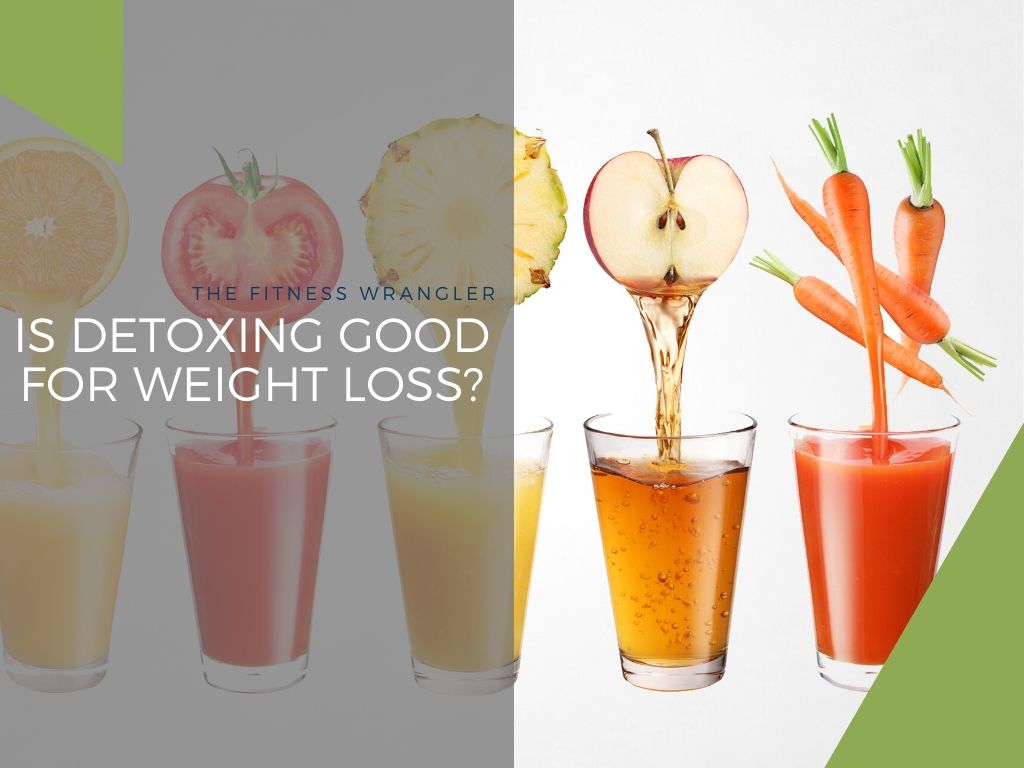
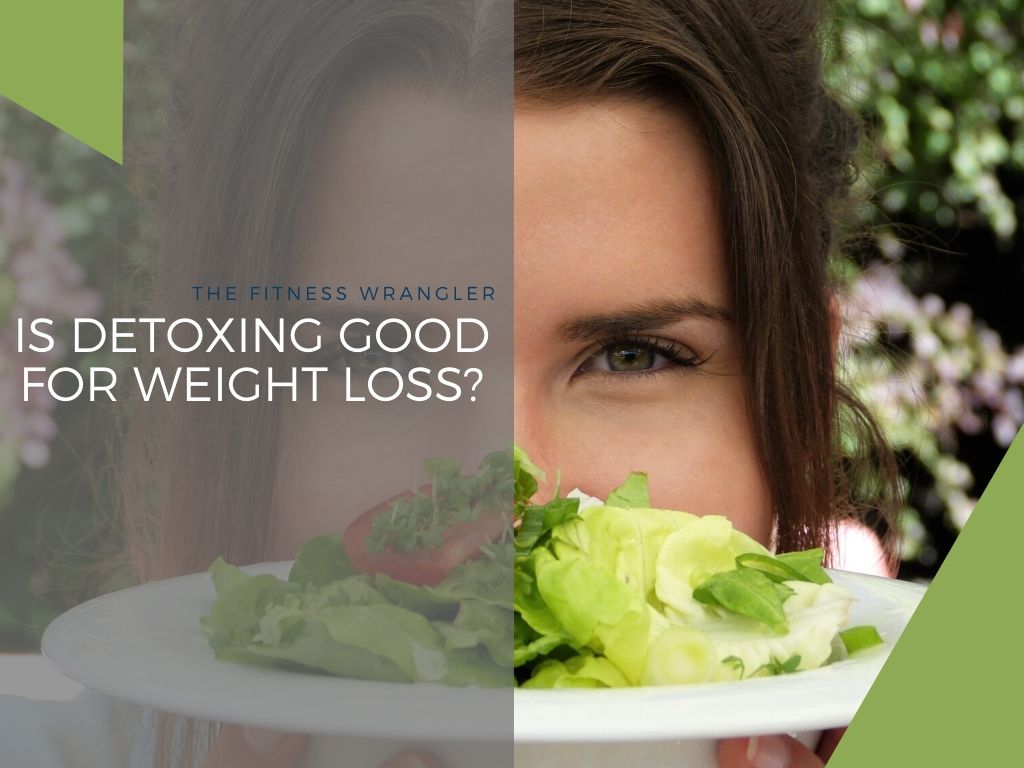
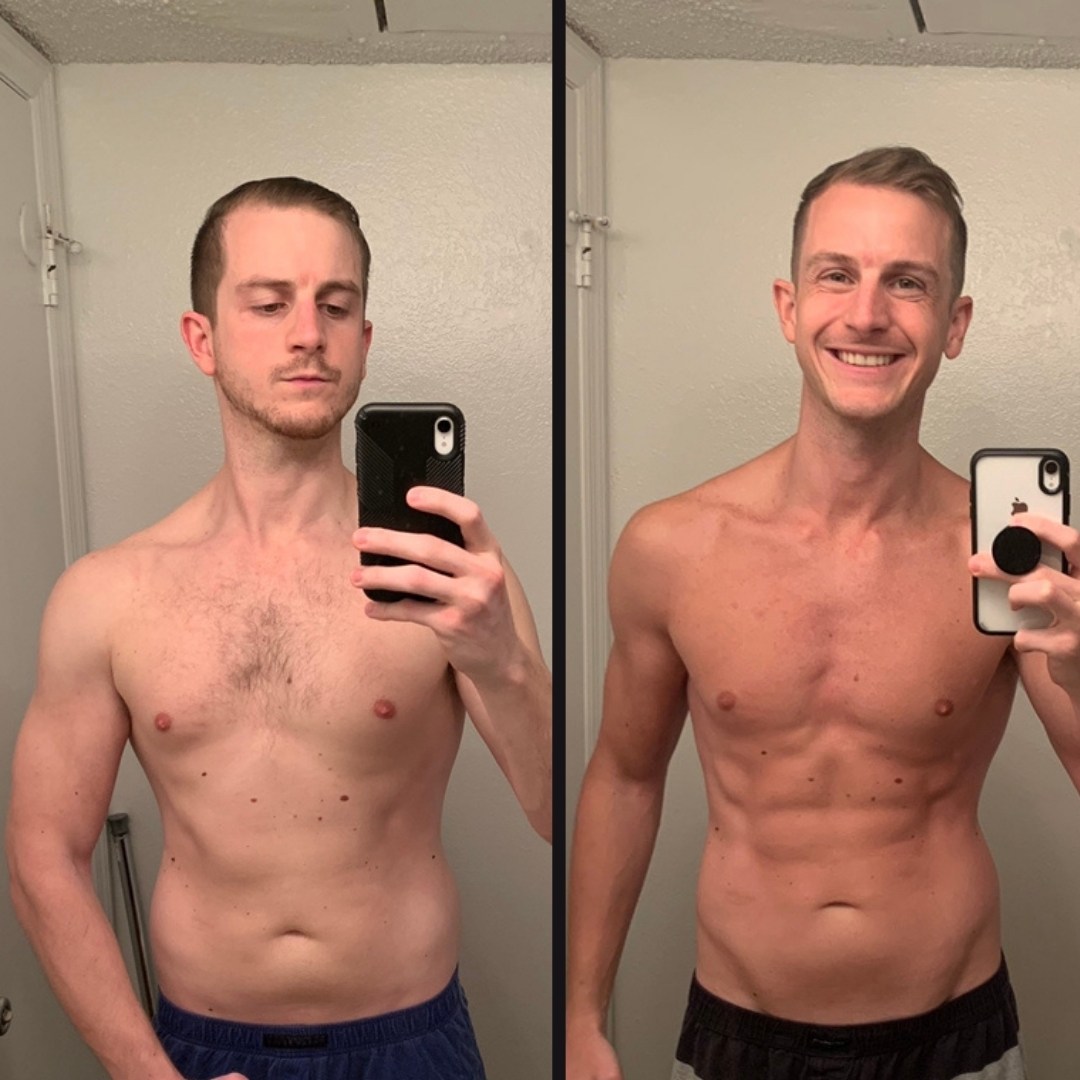

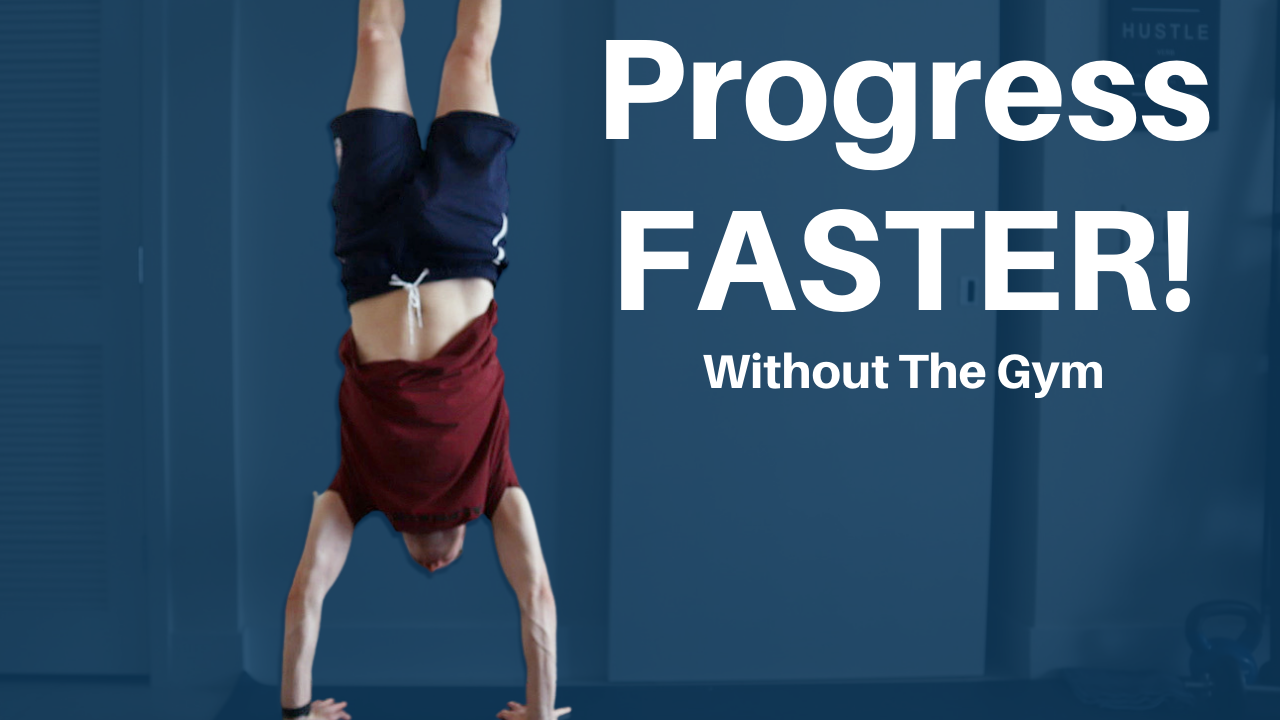
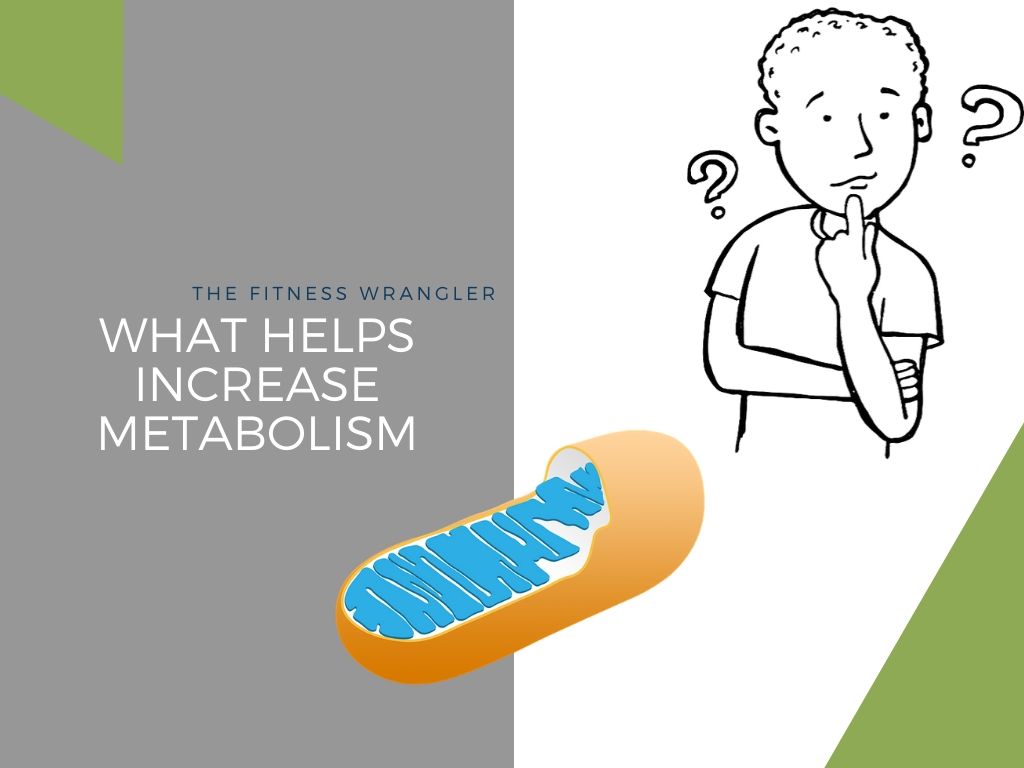

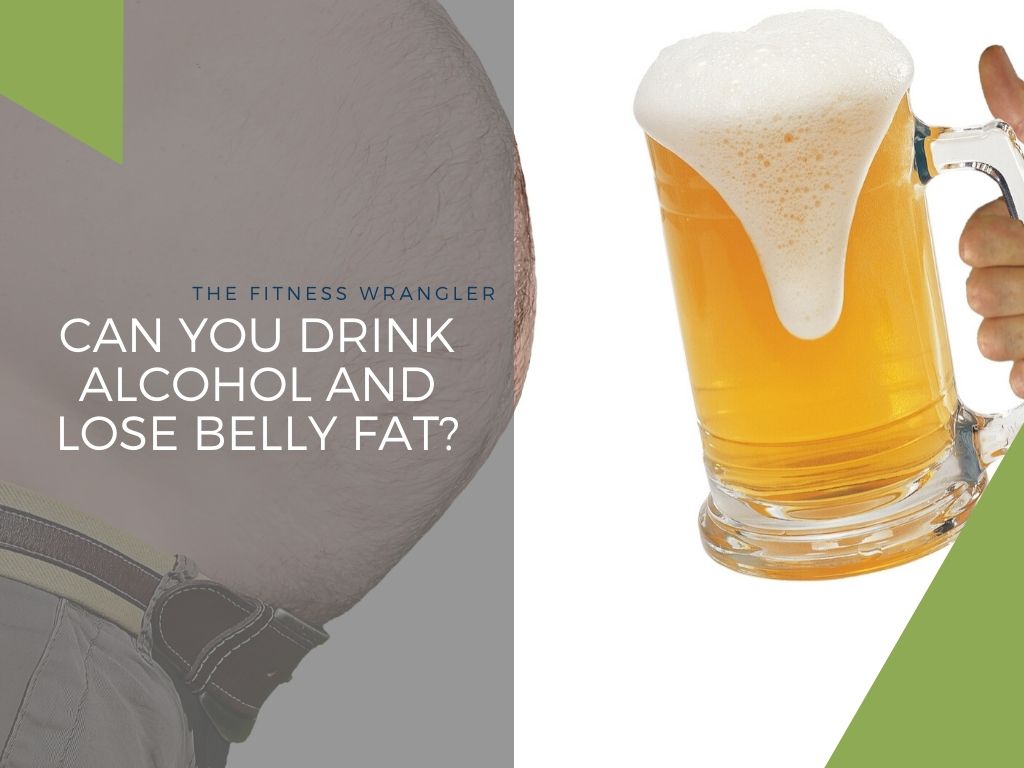
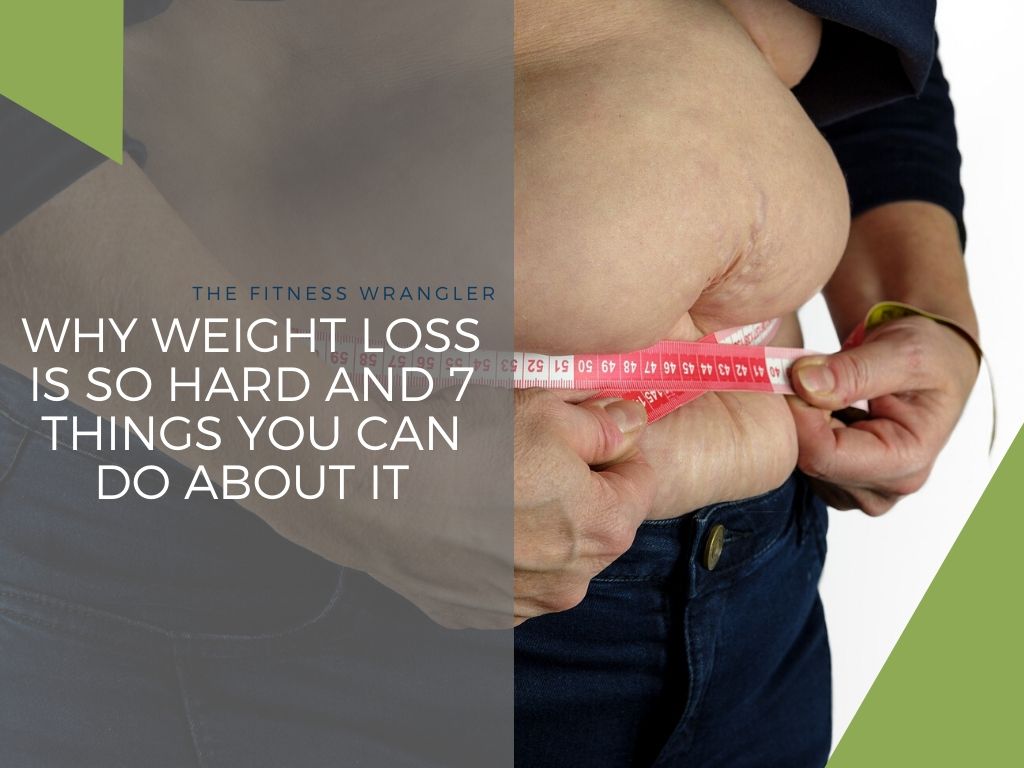
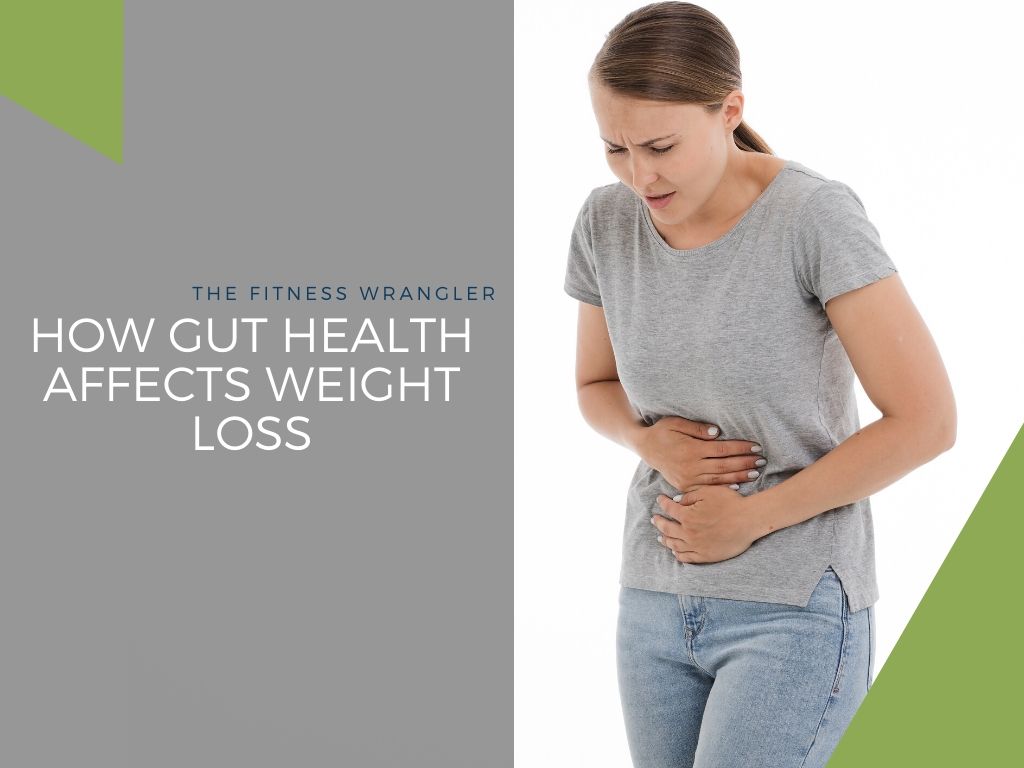
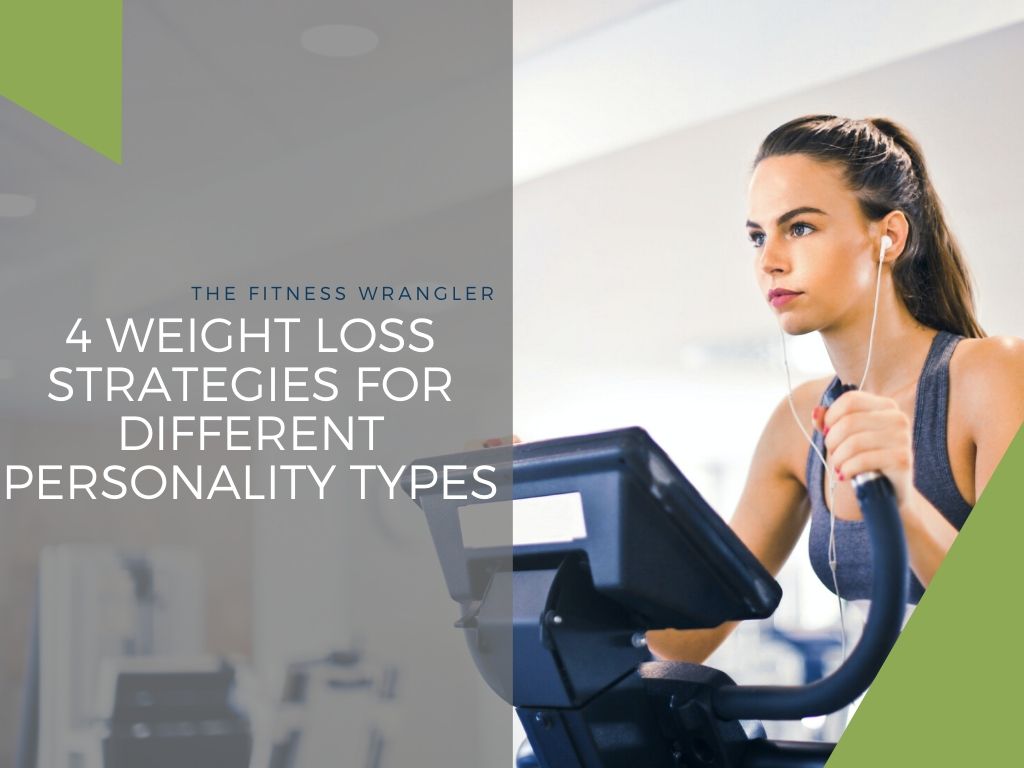
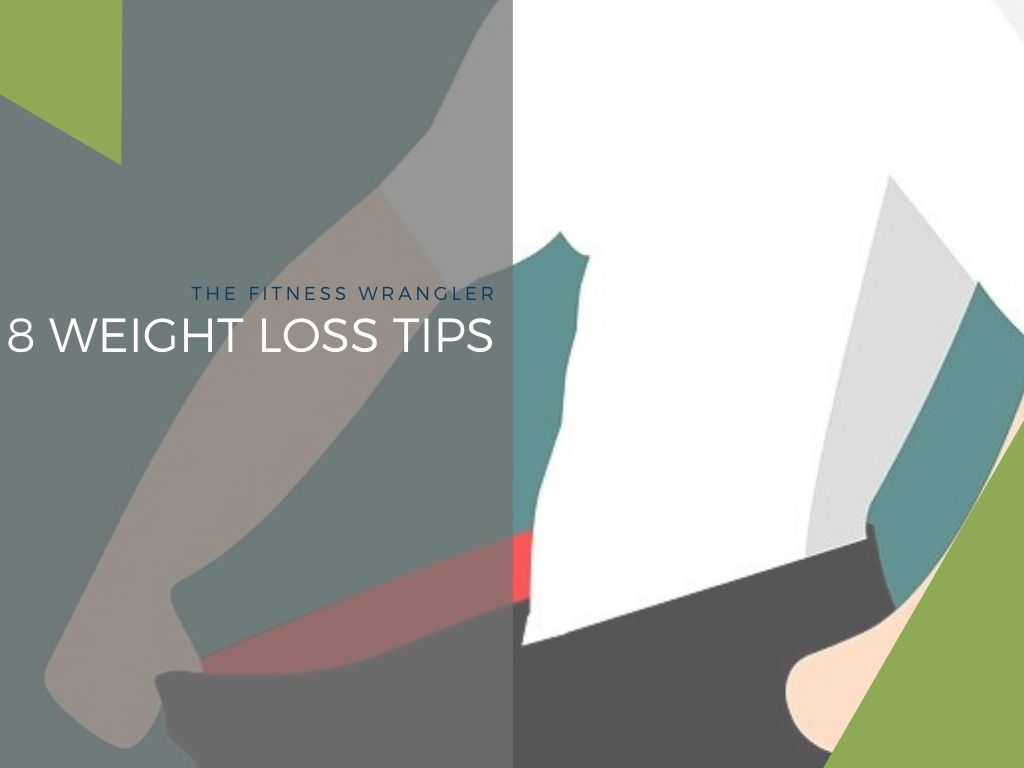
Leave A Comment